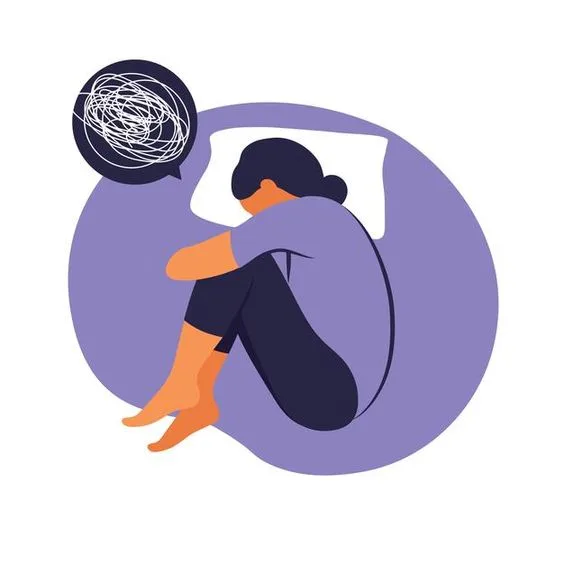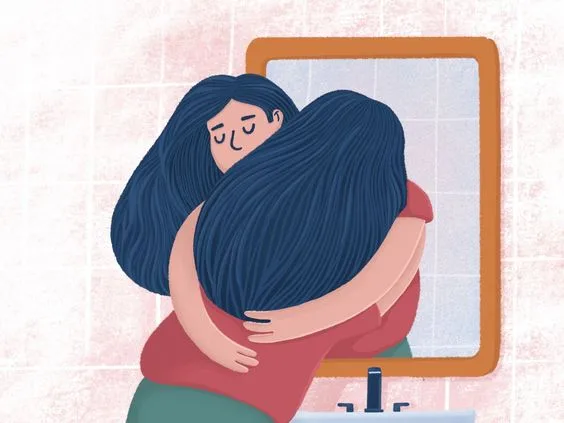As people in environments that encourage consistent progress, it is only commonplace that many of us value self-improvement. And it’s arguably very important too. It allows us to strive for new goals and to be better people to have more meaningful interactions, relationships and ambitions.
But sometimes this desire can lose focus, an issue arises when self-improvement becomes the goal itself when you improve just to improve, when we’re not practicing gratitude for where we are, when we see ourselves as THE problem.
One plausible seed for the perpetual desire of self improvement is experiencing conditional love. This fosters an “I have to do better, I have to be better” need, the pressure to live up to what the world expects of you. Your value as a human being depends on your performance- this is your mental construct.

Therefore if and when you feel inadequate or lacking, the plan of action is to strive towards improvement ( to feel valuable). It’s imperative to note that what’s happening in such circumstances, is that external elements are being used to quell internal issues. Just like how you might turn towards shopping when sad or ice cream when stressed.
But if we know anything about this pursuit, it is that it’s endless; Because once you achieve Y, you aren’t able to experience true contentment.In fact, you’re already lamenting over the next goal ,X. The approach of “I feel bad = solve it externally” evades the fundamental idea that emotional problems require emotional solutions.

The issue here, even though self improvement can be all consuming, it still serves us by objectively improving our life. After all, it is there for a reason, which makes it even harder to address.
As mentioned we are striving for more. We work hard, and in turn allows us to go to great places. It may turn sour when it’s in the extreme. When asked, you likely say that you wish you didn’t feel this way, that you didn’t experience the never ending quest for improvement.
However, with a bit of introspection your answer might actually change- because this infatuation gives us a sense of purpose and direction. So within this very circumstance it comes to be that this obsession is hard to break not because it’s harmful but because it’s helpful. We ask ourselves “If I didn’t have this deep rooted desire to constantly be better, a distributed feeling of inadequacy, then what would get me out of bed?”, “What if I lost all sense of motivation”. If you release the control that it has on you, you are left to face the idea that “I will become the failure I am afraid I have always been.”
Despite the fact that this is quite deep rooted, there are mindset shifts we can explore to have a more rewarding outlook on this relationship. As previously mentioned, this issue is rooted in our emotions, and very likely attached to our sense of self-worth.
If the seed for this desire is truly rooted in conditional acceptance, you need to recognize that you’re worth and your value is innate, that all your achievements and ambitions – or lack thereof do not make you any less. Sometimes it just takes vocalizing what you’re experiencing to yourself out loud to begin to confront the control that it has over your choices.

Take time to sit with yourself and your needs instead of running to an external solution. To understand the fact that you can still be driven without the fear controlling you. You have come so far already, and see the power and feel gratitude for that. When you stop living life to fix it, that’s where the fun begins. If you’re running from the fire your whole life, it becomes familiar, we learn to move in the opposite direction of the chasing fire. But what if we grab a bucket of water and stop running. Instead of being stuck, lacking a sense of direction when there is no fire, you can move towards what’s calling you, with ease and kindness.




